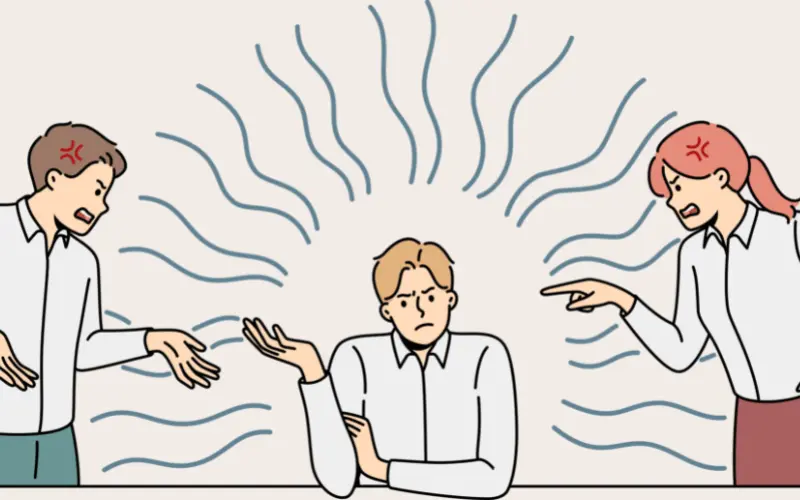Social awkwardness is a common experience that makes social situations uncomfortable and stressful. Whether it’s meeting new people, giving a presentation, or simply making small talk, social awkwardness can create feelings of self-doubt and anxiety.
Fortunately, there are many strategies that can help individuals overcome social awkwardness and develop more confidence in social situations.
By understanding the underlying causes of social awkwardness and implementing practical techniques to improve social skills, it is possible to easily navigate social situations and enjoy more fulfilling relationships with others.
In this article, we’ll explore some practical strategies and techniques that can help you overcome social awkwardness and develop more fulfilling social connections.
Whether you’re an introvert, shy, or just looking to improve your social skills, these tips can help you become more confident, comfortable, and socially adept.
How to Overcome Social Awkwardness
Social awkwardness can be challenging to overcome, but there are several practical strategies that can help individuals feel more confident in social situations. Here are some tips for overcoming social awkwardness:
1. Recognize your triggers
The first step in overcoming social awkwardness is to recognize the situations that trigger your anxiety. Do you feel nervous when meeting new people? Are you uncomfortable in large social gatherings? By identifying your triggers, you can begin to develop strategies for managing your anxiety in these situations.
2. Practice relaxation techniques

Relaxation techniques can be a powerful tool for managing social anxiety. Techniques like deep breathing, progressive muscle relaxation, and meditation can help you to calm your mind and reduce your physical symptoms of anxiety. Try practicing these techniques before and during social situations to help you stay calm and focused.
3. Challenge negative thoughts
Social awkwardness often stems from negative thoughts and beliefs about ourselves and others. We may worry about being judged or rejected, or we may assume that others are thinking negative thoughts about us.
These negative thoughts can fuel our anxiety and make us feel even more awkward in social situations. Try to challenge these negative thoughts by asking yourself if they are really true or if there is another way to look at the situation.
4. Practice social skills
Social skills are like any other skill – they can be developed with practice. If you struggle with social awkwardness, try practicing your social skills in low-pressure situations. Start by striking up conversations with people you encounter in your daily life, such as a cashier or a neighbor. As you become more comfortable, challenge yourself to engage in more complex social situations.
ALSO READ: 16 Signs You are Unattractive And How To Improve
5. Join a social group
Joining a social group can be a great way to overcome social awkwardness. By joining a group of people who share your interests, you can build relationships and develop your social skills in a supportive and non-judgmental environment. Look for groups in your community that align with your interests, such as a book club, a hiking group, or a cooking class.
6. Set realistic goals
Setting realistic goals can help you to overcome social awkwardness by giving you something to work towards. Start by setting small goals, such as introducing yourself to someone new or initiating a conversation with a coworker. As you achieve these goals, you can gradually work your way up to more challenging social situations.
7. Seek professional help
If your social awkwardness is significantly impacting your life, it may be helpful to seek professional help. A mental health professional can help you to develop strategies for managing your anxiety and improving your social skills. They may also recommend other treatments, such as medication, if appropriate.
By practicing these strategies, individuals can learn to overcome social awkwardness and develop more confidence in social situations. Remember that overcoming social awkwardness takes time and effort, but with persistence and practice, it is possible to improve social skills and enjoy more fulfilling relationships with others.
Conclusion
Social Awkwardness can be a difficult problem to overcome, but it is possible with the right strategies and support. Remember that overcoming social awkwardness takes time and effort, but the rewards – better relationships, increased confidence, and a more fulfilling social life – are well worth it.











